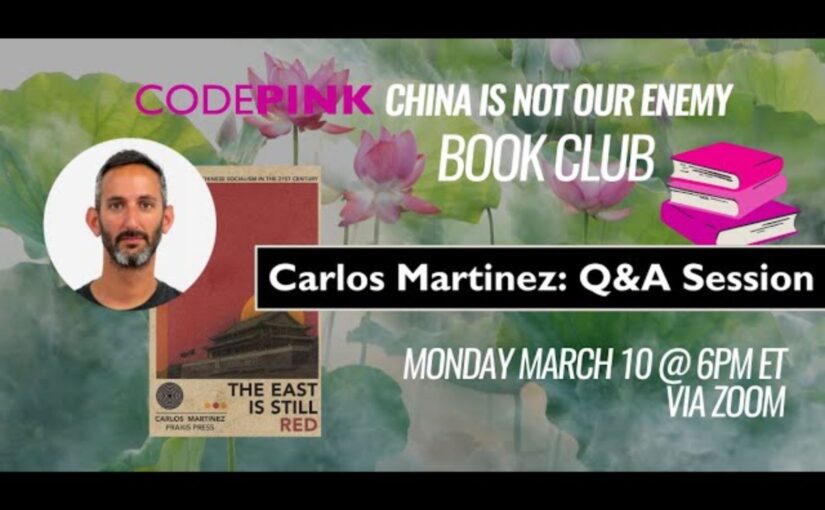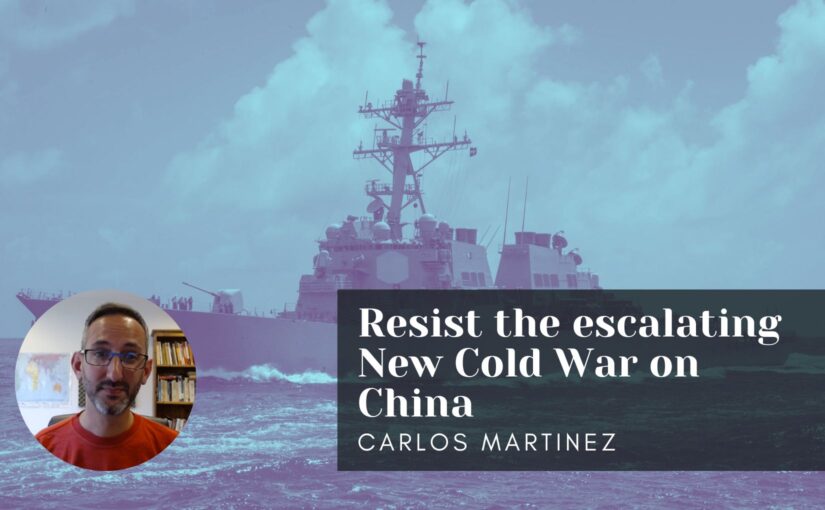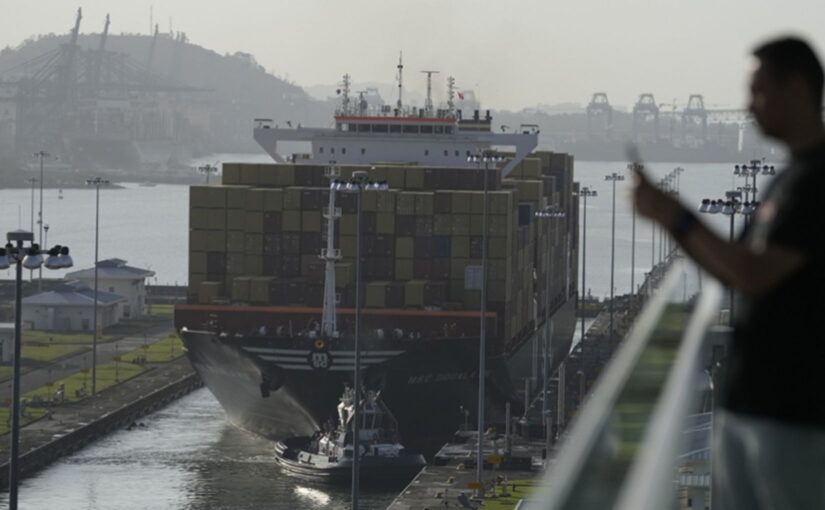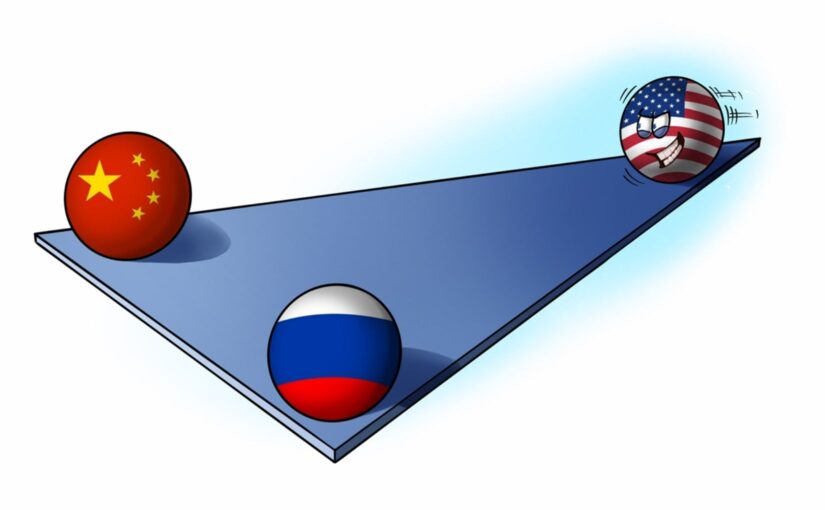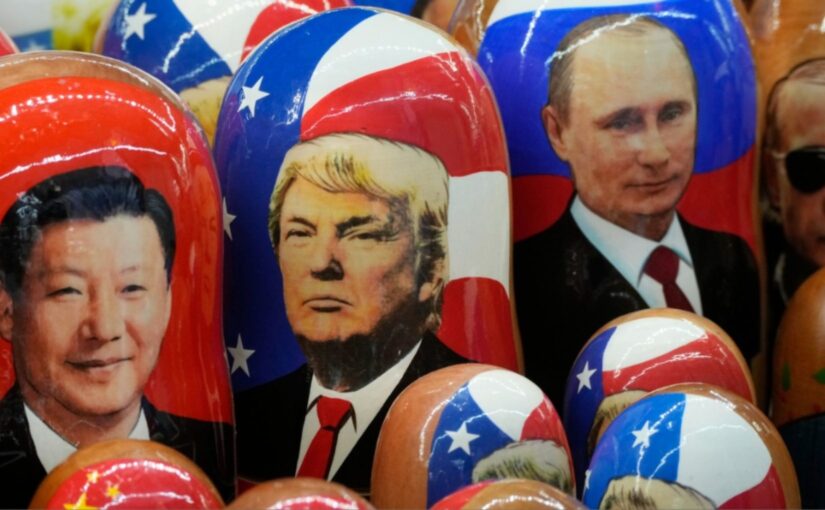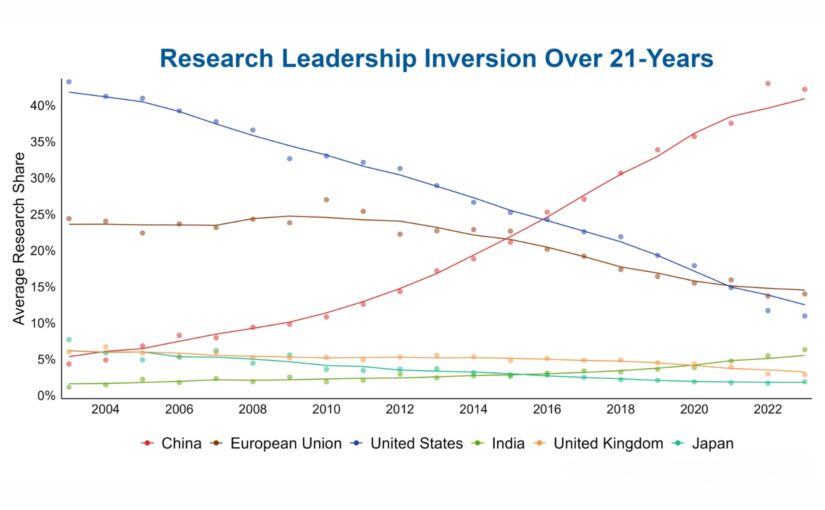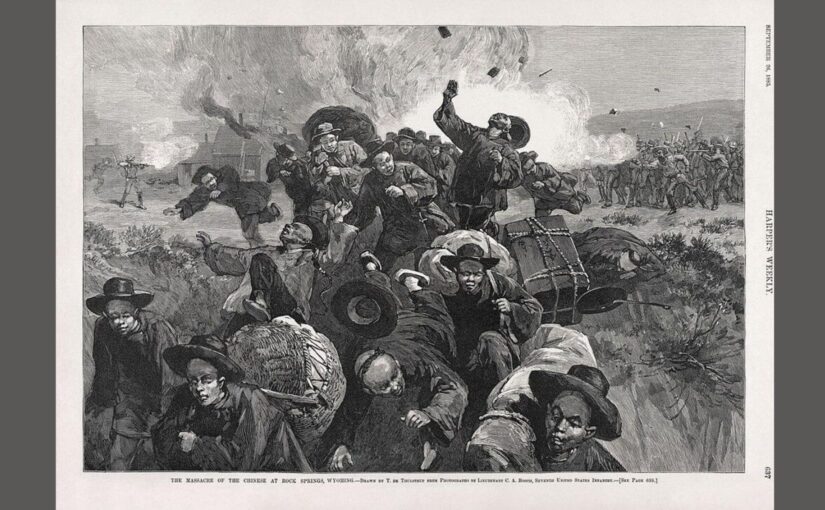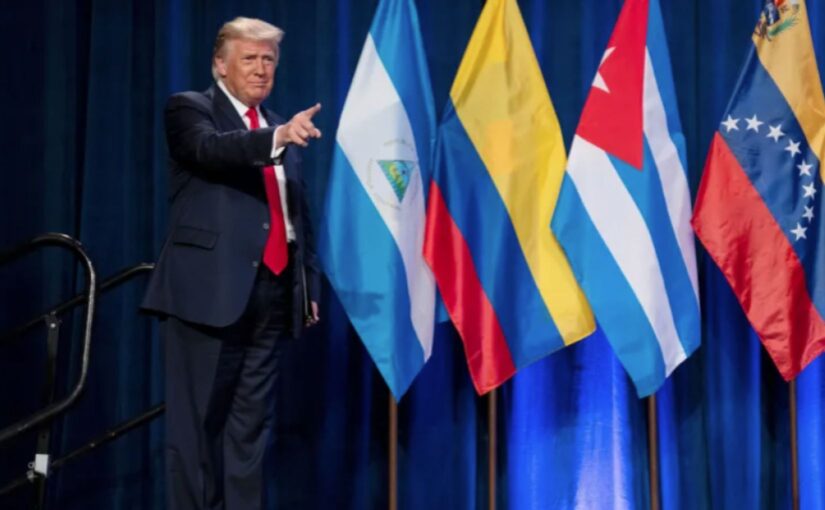In this eyewitness account, Tan Wah Piow reports on the mood in Panama, along with the background to the issue, following US President Donald Trump’s brazen threats to “take back” the canal that connects the Atlantic and Pacific oceans.
Referring to Trump’s “audacity”, Wah Piow notes that: “This is a thriving sovereign nation, a regional financial powerhouse, and, as of January 2025, a newly elected [non-permanent] member of the UN Security Council.”
Citing a vast field of Panamanian flags he saw from his taxi, he notes: “His [the taxi driver’s] words brought back memories of the Museo Canal exhibit on the 1964 Martyrs Day incident when US troops killed 21 Panamanian students for asserting their right to raise the national flag in the US-controlled Canal Zone. The 1964 incident remains deeply ingrained in Panamanian consciousness, symbolising the people’s struggle for independence and control of the Canal.
“That incident was a rallying cry for international solidarity against US imperialism in Latin America. Even Chairman Mao of China issued a statement on January 12, 1964, published in Hong Qi, the Chinese Communist Party’s official organ, supporting the ‘great patriotic struggle’ of the Panamanian people. Back then, China had no diplomatic ties in the region beyond Cuba, and there was no Chinese shipping through the Canal.
“The 1964 Martyrs Day protests ultimately led to the 1977 Torrijos-Carter Treaties, which ceded sovereignty of the Canal to Panama. Under these agreements, Panama gained full control of the Canal in perpetuity.”
Trump’s remarks, he explains, were not merely a one-off provocation or a bargaining tactic, followed as they were by a threatening visit by Secretary of State Marco Rubio.
“Today,” Wah Piow notes, “the Panama Canal sees 14,000 vessels annually, handling 5 per cent of global shipping. China-US trade accounts for about 20 per cent of its traffic, while China-Latin American trade represents another 15-20 per cent. Studies suggest this volume is set to rise, with China already having surpassed the US as the primary trading partner of countries such as Brazil, Chile, and Peru. Trump’s renewed interest in the Canal appears driven by the fear that China is outpacing the US in Latin America.”
He calls on the international community to defend Panamanian sovereignty, “otherwise, a US power play to uphold its imperialist interests could threaten not just Panama but the economic stability of an entire region long hindered by dependence on Washington.”
Tan Wah Piow, a retired London lawyer, has been in exile from Singapore since 1976. He was imprisoned as a student leader for his activism and is Singapore’s most well-known exile. He is also a member of the Friends of Socialist China Advisory Group. He visited Panama in February 2025. This article was originally published in the Morning Star.
Leaving the Museo Canal at Panama Viejo, a Unesco World Heritage Site, I made my way to the Miraflores visitor centre — now a popular spot to witness US imperialism’s refocus on its Central and South American backyard.
It was a pleasant drive along a well-landscaped avenue lined with modern office buildings, banks, and shopping centres that reflect Panama’s booming economy. The ride quickly transitions from the historic ruins of the first European city on the Pacific coast to the sleek skyline of Costa del Este, a planned urban district filled with glass skyscrapers, luxury condos, and multinational corporate headquarters.
The Pacific Ocean stretches toward the horizon, and on the right, high-rise buildings tower in the distance. Downtown Panama City, with its unmistakable F&F Tower’s twisting glass structure, the gleaming towers of global banks, upscale malls, and five-star hotels — symbol of Panama’s role as an international trade hub.
Panama City stands as a testament to the country’s modernity; some may say it is a trophy of neoliberalism. Home to about 55 per cent of Panama’s 4.5 million people, this is hardly the image of a forgotten backwater.
As I took in the urban skyline, I wondered how US President Donald Trump could have the audacity to utter his “take back the Canal” rhetoric as though Panama was some insignificant, godforsaken failed state. This is a thriving sovereign nation, a regional financial powerhouse, and, as of January 2025, a newly elected member of the UN security council.
Approaching Miraflores, my Uber driver pointed out a striking sight — a vast field of Panamanian flags planted on the lawn. At first, I thought it was a modernist art installation. “Planting flags very popular — after Trump’s ‘Recuperar el Canal’ and ‘tomar el Canal de nuevo,’” he explained in broken English. Even without full knowledge of Spanish, I got the gist.
His words brought back memories of the Museo Canal exhibit on the 1964 Martyrs Day incident when US troops killed 21 Panamanian students for asserting their right to raise the national flag in the US-controlled Canal Zone. The 1964 incident remains deeply ingrained in Panamanian consciousness, symbolising the people’s struggle for independence and control of the Canal.
Martyrs Day is still a public holiday, commemorating the sacrifices made to reclaim national sovereignty. The flag-raising dispute even made the cover of Newsweek on January 24, 1964.
That incident was a rallying cry for international solidarity against US imperialism in Latin America. Even Chairman Mao of China issued a statement on January 12, 1964, published in HongQi, the Chinese Communist Party’s official organ, supporting the “great patriotic struggle” of the Panamanian people. Back then, China had no diplomatic ties in the region beyond Cuba, and there was no Chinese shipping through the Canal.
The 1964 Martyrs Day protests ultimately led to the 1977 Torrijos-Carter Treaties, which ceded sovereignty of the Canal to Panama. Under these agreements, Panama gained full control of the Canal in perpetuity, nullifying any lingering US claims of unilateral intervention. At the formal handover ceremony on December 14, 1999, former US president Jimmy Carter told Panama’s President Mireya Moscoso, “It’s yours.”
For Panamanians, the 50-mile-long Panama Canal is a powerful symbol of national sovereignty and identity, serving as the foundation of their nation’s role as a vital link between the Pacific and Atlantic Oceans. Hence, when Trump in January 2025 described the Canal’s transfer as a “disgrace” and alleged that it had fallen under Chinese influence, it reignited painful memories of the 1964 massacre.
The Chinese embassy in Panama swiftly rejected the accusation, as did Hong Kong-based Hutchison, which manages two Panamanian ports. Notably, Hutchison, a publicly traded company, does not control the Panama Canal’s operations.
At the Miraflores Locks, as a massive vessel passed through, a taped announcement reassured visitors that the Panama Canal was under the sole control of the Panama Canal Authority, an independent Panamanian entity. The message emphasised that all vessels transiting the Canal must be piloted by Panamanian captains, who know “every inch” of the waterway. The repetition of this assurance suggested it was directed at US tourists, encouraging them to counter misinformation back home.
Unfortunately, Trump’s remarks were not merely a one-off provocation or a bargaining tactic for free US shipping passage. He complained about transit fees despite all nations paying the same rates. More alarmingly, he dispatched Secretary of State Marco Rubio to Panama with a message that Washington wanted to reclaim control of the Canal, citing alleged Chinese influence. Rubio warned that unless there were “immediate changes,” the US would take necessary steps to “safeguard its rights.”
Even before Rubio’s arrival, protests erupted. The Tico Times reported that demonstrators “categorically reject the US attempts to turn Panama into a protectorate and a colony again.” Teachers’ union leader Diogenes Sanchez declared, “We are going to fight to defend our national sovereignty.”
Meanwhile, Senator Ted Cruz spearheaded a parallel attack from the Senate Foreign Relations Committee. A veteran anti-China hawk, Cruz made unsubstantiated claims about China’s threat to the neutrality of the Canal, stating, “The Panama Canal is too important to be left vulnerable to Chinese influence. The US has a responsibility to ensure that the Canal remains neutral and secure, even if that means taking decisive action.”
Panamanian President Jose Raul Mulino firmly asserted that the Canal’s sovereignty is “non-negotiable,” yet some domestic critics accused him of yielding to US pressure. Mulino denied claims that US government vessels were exempted from transit fees, calling such reports “lies and falsehoods” propagated by the US State Department. Although Rubio did not repeat the “free transit” claim, he protested that the fees were “absurd.”
Up to 15 per cent of Panama’s GDP is derived from the Canal and its related industries, and with the country’s dollarised economy making the US its largest trading partner, Washington has leverage to exert economic blackmail. Newsweek reported in January 2025 that Panama had abruptly decided not to renew a trade and development agreement with China — a decision President Mulino attributed to “external pressures.”
Had a non-Western nation applied such coercion, the US and European capitals would have responded with deafening condemnations. Yet, Western champions of the “rules-based international order” remain conspicuous in their silence.
Today, the Panama Canal sees 14,000 vessels annually, handling 5 per cent of global shipping. China-US trade accounts for about 20 per cent of its traffic, while China-Latin American trade represents another 15-20 per cent. Studies suggest this volume is set to rise, with China already having surpassed the US as the primary trading partner of countries such as Brazil, Chile, and Peru.
Trump’s renewed interest in the Canal appears driven by the fear that China is outpacing the US in Latin America. The global community, especially the EU and Britain — which claim to uphold international law — must act decisively to protect the Canal’s neutrality and, most importantly, Panama’s sovereignty.
Otherwise, a US power play to uphold its imperialist interests could threaten not just Panama but the economic stability of an entire region long hindered by dependence on Washington.
